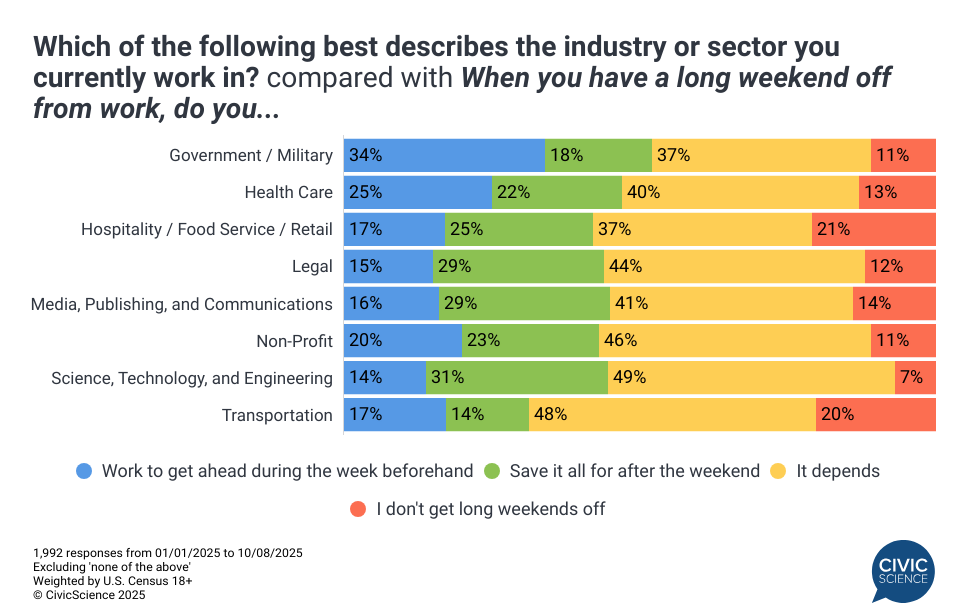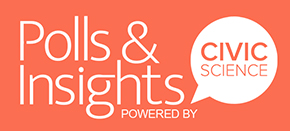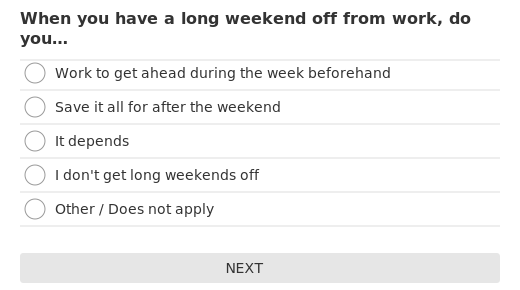For those in the workforce, a long weekend is often a welcome sign, as it brings a few days of reprieve from the usual grind. However, not all workers approach a long weekend in the same way. And how they choose to handle their work–or leave it for later–speaks volumes about how they move through the world as consumers.
With a long weekend just around the corner, CivicScience data reveal that while 18% of workers will be working ahead during the week beforehand to make up for the impending day off, 20% will save it all for after the weekend.
Perhaps not surprisingly, Gen Z leads in saving their work for later, while Millennials lead in getting it done ahead of time. Those making $100K+ over-index in both working ahead and saving it for later–perhaps dependent on their specific role. And while women and men are equally likely to work ahead, men take the lead leaving their work for later.
Here’s how these two types of employees stack up, beyond the demographic data:
Home Life Plays a Role: While those who have six or more people in the home are the most likely to work ahead (29%), those who have two or three lead the way in getting back to it later (50%).
Varsity Fans: Those who get ahead on their work are nearly three times as likely as those who put off their work until after the long weekend to say they follow high school sports in their area (32% vs 11%).
Penny Pinching: Those getting their work done before clocking out for the long weekend are 18 percentage points more likely than those who deal with it upon their return to use coupons ‘every chance’ they get (43% vs 25%).
Which Industries are Most Industrious: Roughly one in three (34%) of government or military employees will work to get ahead before the weekend, while nearly the same percentage (31%) of those in science, technology and engineering roles save their work for later.

As the data show, whether or not you work ahead before a long weekend or save everything for later doesn’t just reflect upon the job at hand, but displays clear behavioral differences across the board.
Love taking polls? Sign up to participate in the Poll of the Day here.
This article’s data comes solely from CivicScience’s database, which contains nearly 700,000 poll questions and 5 billion consumer insights.


